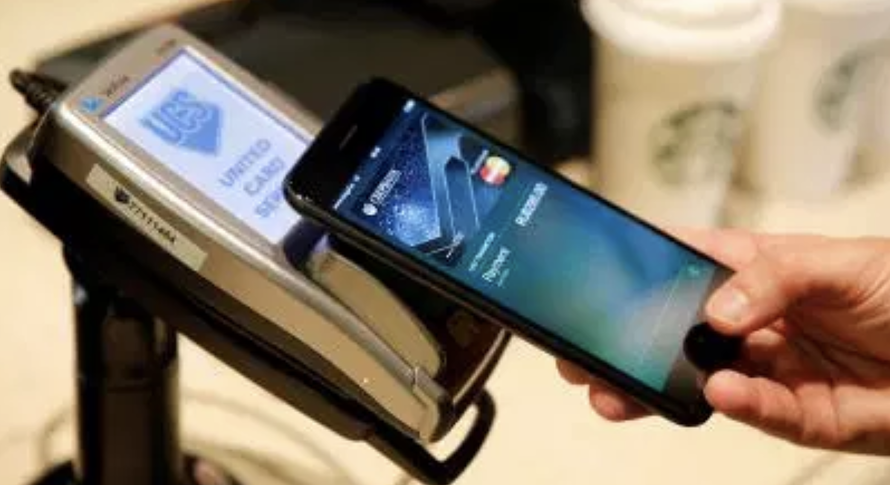With iPhone sales declining and Apple trying to shift its sales focus to its growing services business, Apple CEO Tim Cook recently did a round of media interviews to tout his company’s pivot from being a consumer tech company to being a company focused on “health and wellness” via its Apple Watch.
But apparently, the company’s “health and wellness” vision won’t be limited to the physical body. Apple is expanding its focus to include financial health, something that is increasingly important for America’s cash-strapped, heavily indebted, and financially illiterate millennials. To that end, Apple is teaming up with Goldman Sachs (which has also sought to recast itself as a paragon of prudent money management for the average consumer) to offer a joint credit card that will pair with a suit of new personal finance-oriented iPhone apps, according to the Wall Street Journal. While Apple has had some success with its Apple Pay mobile payments business, offering a credit card would be a first for both Apple and Goldman.
The most alluring feature of the new card would be its ability to link with the new apps, which, though still under development, will help users manage their money more efficiently by encouraging them to pay down debt while “gameifying” the practice of following responsible spending habits by warning them when they spend more than usual on groceries or eating out.
Engineers are working on new features for the Apple Wallet app that would encourage users to pay down their credit-card debt and manage their balances. Executives have discussed borrowing visual cues from Apple’s fitness-tracking app, where “rings” close as users hit daily exercise targets, and sending users notifications about their spending habits. There also could be notifications based on analysis of cardholders’ spending patterns, alerting them for example if they paid more than usual for groceries one week.
Other than that, the card will function more or less like a traditional credit card, with cardholders earning 2% cash back on most purchases.
The Apple Pay card will use Mastercard Inc.’s payment network, which is the second-largest in the U.S. after Visa Inc., some of the people said. Cardholders will earn cash back of about 2% on most purchases and potentially more on Apple gadgets and services, some of the people said.
For Goldman, the card would risk cannibalizing its nascent consumer loan business as the company has been critical of consumers relying on revolving credit (the bank wants them to rely on its Marcus consumer loans instead). But the opportunity to make their card the “go-to” card in Apple’s Apple Pay wallet would be too tempting to pass up.
Goldman has been critical of the credit-card industry, positioning its Marcus loans as an alternative to higher-interest cards.
“Borrowing on revolving credit perpetually and chronically is a little bit like eating mac and cheese and coke for lunch every day,” Harit Talwar, who runs Marcus, said in 2017. Executives must now walk a fine line between encouraging responsible borrowing and getting users to spend enough on the card to generate profits.
By putting its muscle behind a Goldman-issued card, Apple risks angering banks whose cards account for the bulk of the transactions running over Apple Pay. Executives discussed making their new card the default in the iPhone’s digital wallet, but Apple’s contracts with banks prevent it from doing so, one person said.
Though, for some, the irony of the Vampire Squid, which has built its reputation on ripping the faces off of its clients and profiting off of the housing market collapse, might be too difficult to stomach.
via ZeroHedge News https://ift.tt/2ShnGiz Tyler Durden
